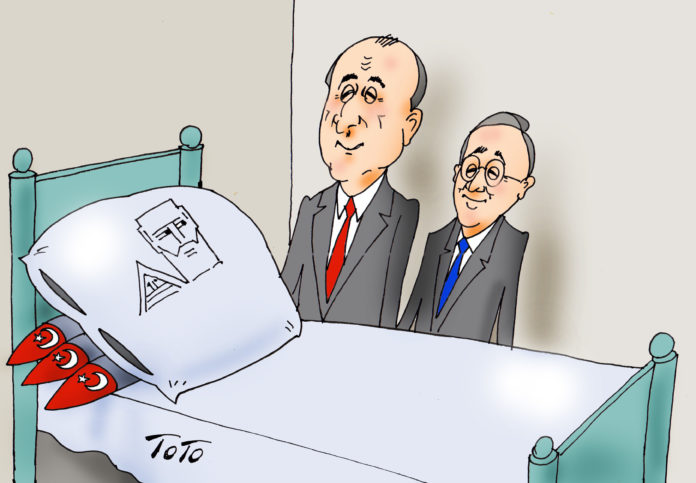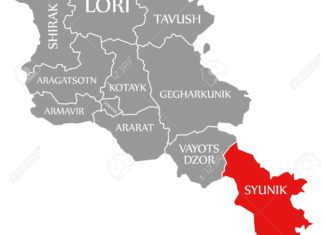Since the ceasefire of 1994 between Azerbaijan and Karabakh the world Armenian community has been locked in a political roller coaster. Every summit meeting between the two sides, or any hopeful announcement by major powers, raises hopes for a settlement, yet the conflict continues on, with the same intensity. What is more alarming is the contradictory announcements that emanate from different camps.
After every meeting, the Organization for Security and Cooperation in Europe (OSCE) Minsk Group co-chairs, representing the US, France and Russia, come up with assurances that “concrete discussions” had taken place, only to be refuted by Azerbaijan’s President Ilham Aliyev who says that he will not be satisfied with anything less than the return of Karabakh (Artsakh) to Azeri rule and not only that, but he is ready to conquer Armenia proper as well.
Those bellicose statements are discounted as rhetoric for domestic consumption, but they do not contribute in any way to building confidence or inspiring any hope for a real, peaceful settlement of this intractable conflict. That is why people in Armenia meet all positive announcements regarding Artsakh with indifference or skepticism.
There is a new announcement this week about hopeful steps taken at an OSCE-sponsored January 16 meeting in Paris with the participation of the foreign ministers of Armenia and Azerbaijan, Zohrab Mnatsakanyan and Elmar Mammadyarov, respectively.
The positive tone of the group’s announcement is reinforced by a statement from Russian Foreign Minister Sergey Lavrov, who indicates that Armenia must respond in kind to the positive announcements coming from Baku.
What the OSCE announcement says is that the two peoples of Armenia and Azerbaijan have to be prepared for the outbreak of peace. That statement, all along, has served as a code word for concessions. And concessions are only expected from the Armenian side.








